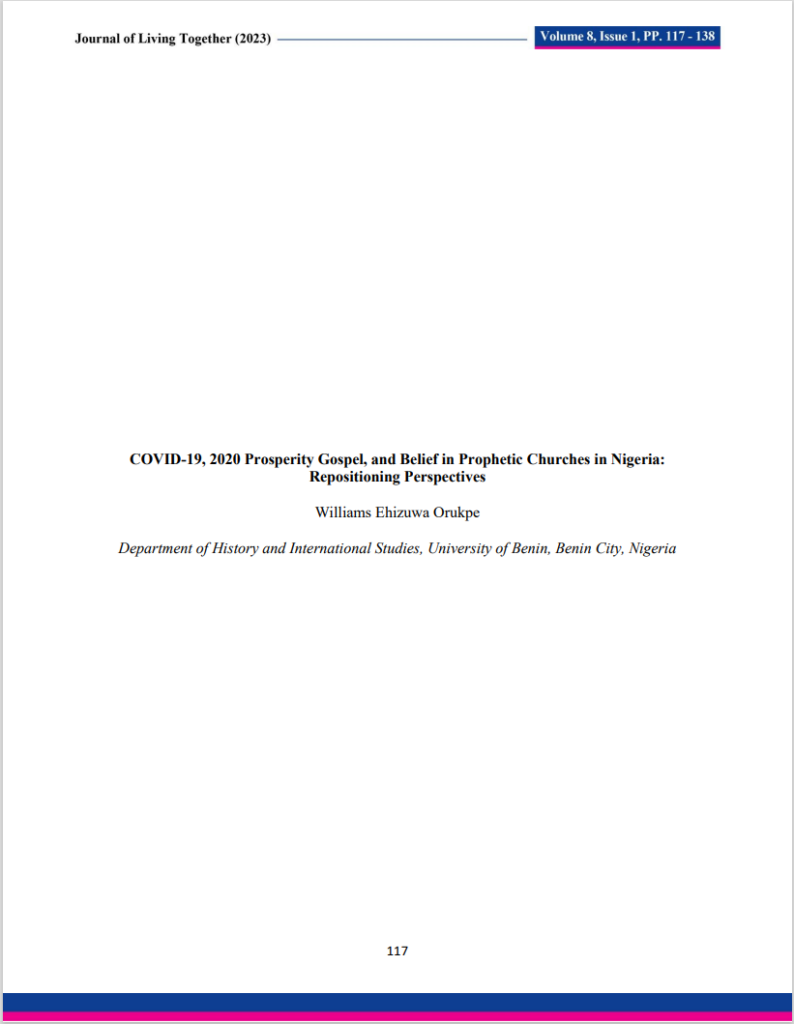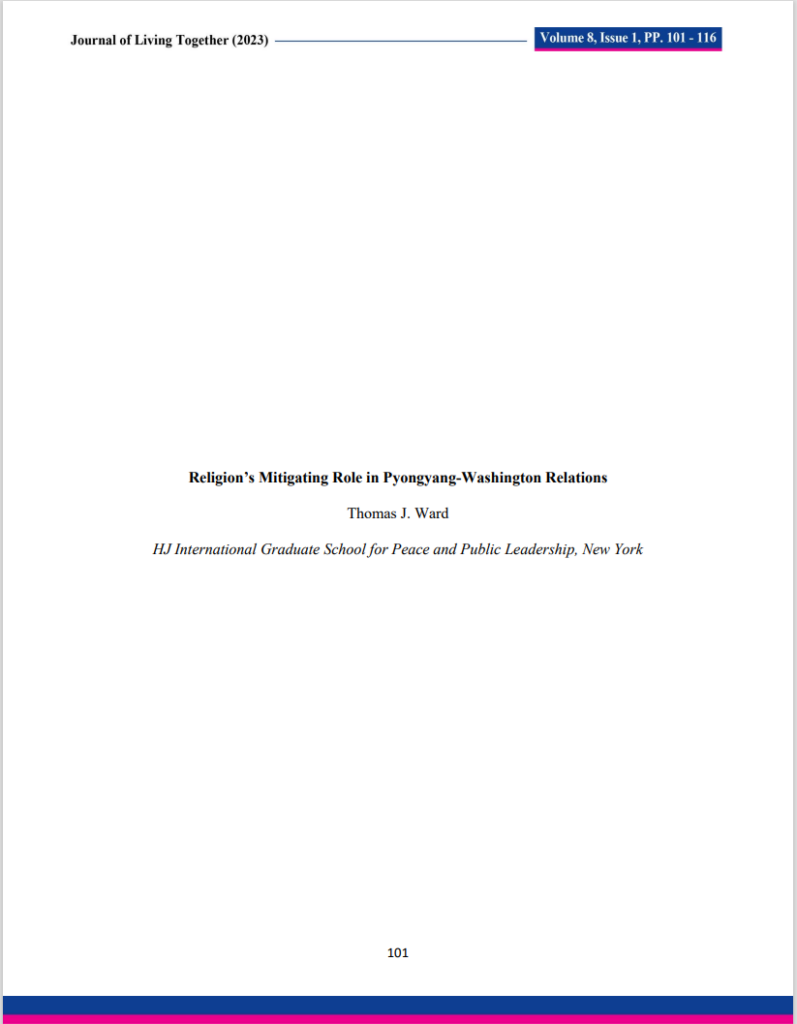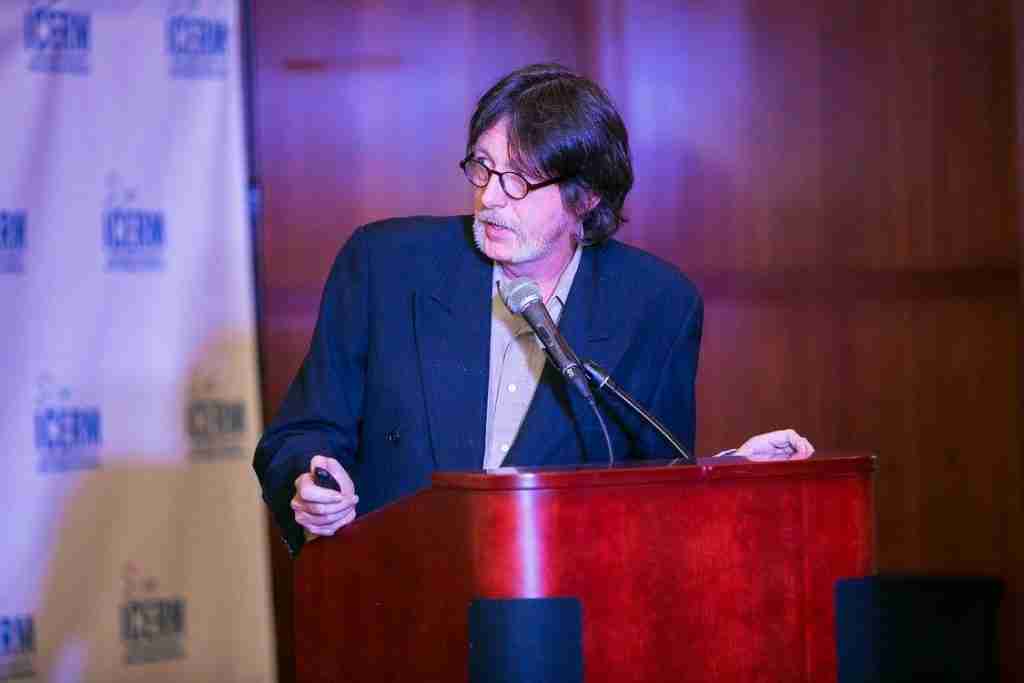ICERM Has Moved To A New Location In Westchester

It has been a busy and challenging year for many of us. I hope you and your family are safe from the COVID-19 pandemic.
I want to share a few updates with you.
ICERM’s office has been moved to a new location in Westchester. Our new office address is:
75 South Broadway, Ste 400
White Plains, NY 10601.
Our new office numbers are:
Phone Number: (914) 848-0019 and Fax Number: (914) 848-0034.
A professional web developer is reviewing our website and will be hired to redesign it for UX/UI networking and member engagement.
I am discussing new partnerships with 3 universities: Kyungpook National University (KNU) in South Korea, University of Economics in Bratislava (UEBA), and University of Ibadan in Nigeria. More information about these partnerships will be shared later.
I have returned to the ICERM work after a long leave of absence caused by the COVID-19. Feel free to contact me whenever you want and be assured of my fast reply moving forward.
Our Specialized Mediation Certification in Ethnic, Racial and Religious Conflict Resolution will start again in February 2022. This course is free for active members of ICERM. More information about the 2022 schedule will be posted on our website and event calendar in mid-November. We will also send you email at that time.
We will convene our first Virtual Membership Meeting on Sunday, October 31, 2021 at 2:00 PM Eastern Time.
With peace and blessings,
Basil Ugorji
President and CEO, ICERM




